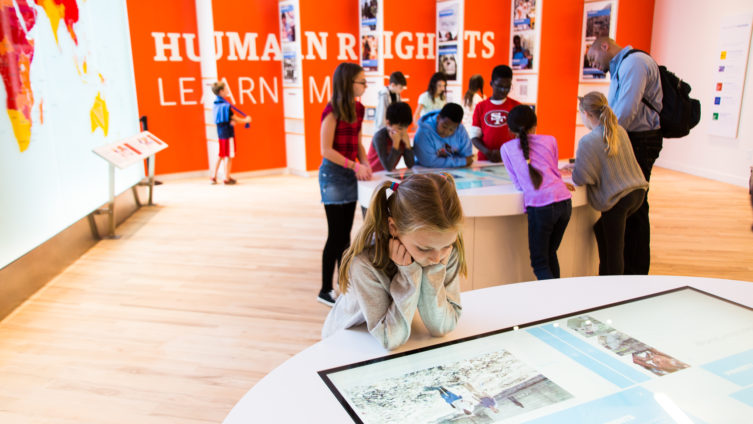
By Head of School Nishant N. Mehta
For over a decade now, futurists have said that today’s children will take jobs and start businesses we can’t predict. Our job then, as parents and educators, is to prepare those children for a future that is volatile, uncertain, complex, and ambiguous (VUCA). A traditional education, like the one you and I had growing up, is no longer sufficient. Math, English, history, science, art and music, world languages, and other traditional disciplines are still important but what and how they are taught must change if we are going to ensure that children are adequately prepared for the uncertainty and ambiguity that awaits them as adults.
For the last ten years, the word “innovation” has made its way into every school and company’s mission and vision statement, strategic plan, curriculum, and project. If you’re not an innovator or innovating, then you’re not relevant. The problem is that the word is overused and old things are new again and what we’ve always done is tweaked just enough so we can call it innovative. A maker-space, every school’s darling now, is yesterday’s wood shop. We are teaching science, technology, arts, and math pretty much the same way we did before but we’ve introduced new software and upgraded facilities so we can say we are doing STEAM now.
For The Children’s School, that vision and implementation are not bold enough and don’t push far enough to do what we believe is necessary to prepare our children for a VUCA world. We want our children to be innovative but that mindset is not new to who we are. Impact and outcomes matter equally, if not more, than the means. To quote Bill Gates’ letter in the annual report of the Gates Foundation in 2011, “Innovation is the means and equity is the end goal.” So how is TCS producing innovators? What does innovation look like at TCS?
This Scout’s Report is dedicated to social entrepreneurship, a new initiative that embeds entrepreneurial skills and mindset into our core curriculum. We are starting with our first eighth-grade class, launched this school year. These 12 seniors will matriculate as entrepreneurs. They will leave TCS with the knowledge, attitude, and skills to bring their creative, problem-finding and problem-solving selves to any problem, big or small, to focus on impact and outcomes in their school or company or elsewhere.
Some have asked, “Why ‘social’ entrepreneurship? Why not just entrepreneurship?” We believe there’s a possible distinction without a difference. It is my firm belief, and consistent with TCS values and history, that we graduate students who care about others and the world around them. Doing good and making money are not inconsistent with one another. There are more and more successful examples of social entrepreneurs, such as Warby Parker and Tom’s Shoes. These companies are rewarded by their customers and investors for their efforts to make the world a better place.
Innovation is not a buzzword at TCS. It’s reality. Over the next few years, we will integrate those entrepreneurial skills and mindset into our curriculum in other grades. Regan Durkin, TCS middle grades teacher, is spearheading this initiative for us. She brings a wealth of experience, knowledge and connections in this area, having previously served as the Assistant Director of the Shore Center for Entrepreneurship at Kennesaw State University.
Our children care about the world; if we believe that innovation is the means and equity is the end goal, then entrepreneurship gives us the skills and vision to build a better future for everyone. I hope you will join us in this mission.









